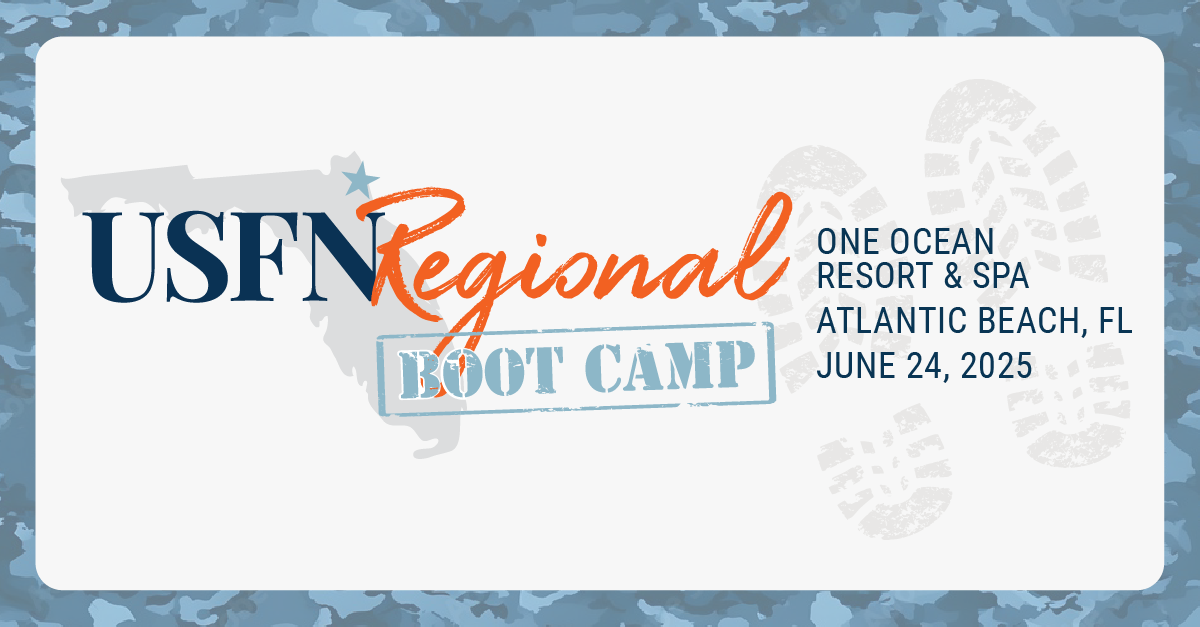You are not currently logged in.
USFN Report: South Carolina Supreme Court Puts Import on Landlord-Tenant Relationship Over Title
Updated: May 22, 2025
As published in the 2025 USFN Spring Report
BY JORDAN D. BEUMER, ESQ. | SCOTT & CORLEY, P.A.∗ | USFN MEMBER (SC)

On January 19, 2025, the Supreme Court for the State of South Carolina published Rivers v. Smith, No. 28260, 2025 S.C. LEXIS 24 (Feb. 19, 2025). In this case, the South Carolina Supreme Court reversed the Court of Appeals decision, finding that the magistrates court had the authority to evict the Rivers from their home because the court made the factual determination that a landlord-tenant relationship existed between the Rivers and Smith. Therefore, the Supreme Court reinstated the eviction order of the magistrates court.
The basis for this case stemmed from when Smith (landlord) filed an action against the Rivers (tenant), who resided at the subject property. The tenant contended that the landlord did not own the property where the tenant resided. The magistrates court sided with the landlord and entered an order of eviction. However, the Court of Appeals reversed that decision, citing a South Carolina Code provision that barred the magistrates court from handling the eviction due to the tenant’s challenge that the landlord did not hold title to the subject property.
The Supreme Court stated, “[i]t becomes crystal clear that the magistrates court is not deprived of the authority to conduct an eviction proceeding simply because the tenant claims the purported landlord does not hold title to the property. Rather, the magistrates court must first answer the primarily factual question of whether a landlord-tenant agreement exists between the parties. If the magistrates court finds that it does, then the magistrate may proceed to determine whether the tenant breached the agreement and, if so, whether eviction is warranted.”
Furthermore, a tenancy relationship can arise from as little as an oral agreement. See S.C. Code Ann. § 27-40-310(d) (2007). Also, “[u]nless the rental agreement fixes a definite term, the tenancy is … month to month.” See also Bruce v. Durney, 341 S.C. 563, 568-69, 534 S.E.2d 720, 723 (Ct. App. 2000).
The Supreme Court held that the magistrates court had the authority to conduct the eviction proceeding because it had determined that a landlord-tenant relationship existed between the parties. Notably, the Court emphasized that the existence of such a relationship precludes the tenant from challenging the landlord’s title in an eviction proceeding.
South Carolina Code defines an “owner” as “one or more persons, jointly or severally, in whom is vested (i) all or part of the legal title to property or (ii) all or part of the beneficial ownership and a right to present use and enjoyment of the premises. The term includes a mortgagee in possession.” See S.C. Code Ann. § 27-40-210(8). Likewise, a “rental agreement” is defined as “all agreements, written or oral, and valid rules and regulations adopted under Section 27-40-520 embodying the terms and conditions concerning the use and occupancy of a dwelling unit and premises.” See S.C. Code Ann. § 27-40-210(12).
The Court recognizing the plaintiff’s (landlord) right to an eviction, even when an issue of title is present, speaks to the significance of establishing the landlord-tenant relationship in eviction actions. Of importance is the fact that this relationship can exist, absent a written agreement or other basic terms.
See below for a link to the full above case: https://www.sccourts.org/media/opinions/HTMLFiles/SC/28260.pdf
TOPICS: Eviction / REO, Title
SUBSCRIPTIONS: USFN Report

Introducing USFN's All-New FREE In-Person Training for Servicers!
USFN’s all-new Regional Boot Camp is coming to the Jacksonville area on June 24, bringing top-tier mortgage servicing education straight to your region. This one-day, hands-on servicer training event will help you strengthen your expertise in Foreclosure, Litigation, Bankruptcy, and Post-sale with nationally focused, process-driven sessions built in collaboration with local servicers. Whether you are local to the Florida region, work remotely in the area, or work cross-country and want to travel to attend this free training, be sure to register now to secure your spot today for USFN’s Regional Boot Camp, from 8:30 am to 4:30 pm ET, June 24, 2025, at One Ocean Resort & Spa, Atlantic Beach, FL!
Learn How to Use the all-new USFN Source!
Need help navigating through the resources of the USFN Source? Watch these videos to learn more.
Give us Your Feedback!
Can’t find what you are looking for or have a topic that should be considered for inclusion in The USFN Source? Want to share suggestions for additional resources, or give us your compliments and/or complaints? Let us know.

